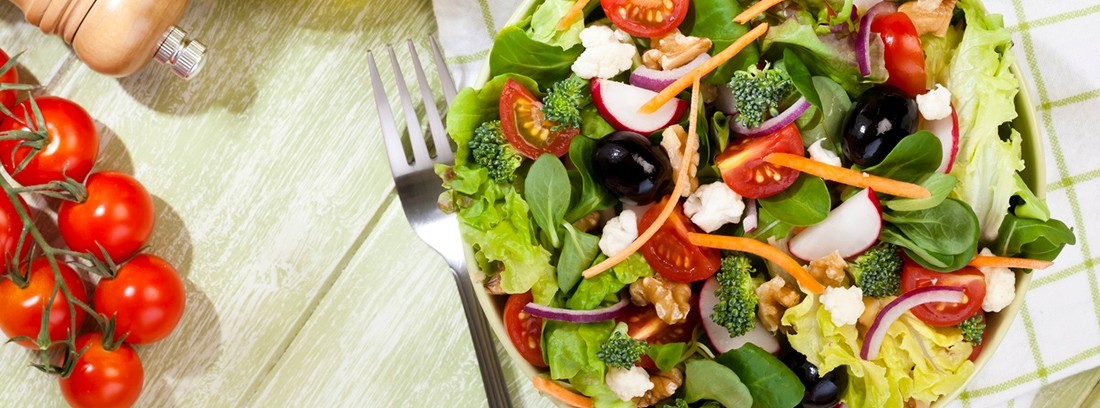How to take care of yourself after a digestive operation
 | Operations in the small intestine involve a somewhat complex postoperative period. Find out how you should take care of yourself after an intervention of this type.
| Operations in the small intestine involve a somewhat complex postoperative period. Find out how you should take care of yourself after an intervention of this type.Most of the digestion of the food we eat takes place in the small intestine, specifically the breakdown and absorption of nutrients. Its removal can occur when part of it is obstructed or diseased. Especially, it can be recommended for people who have:
- A blockage in the intestine caused by scar tissue or congenital deformities.
- Bleeding, infection, or ulcers caused by inflammation of the small intestine.
- Injuries
- Non-cancerous tumors.
- Precancerous polyps
Care and diet after bowel operation
After the removal of part or all of the intestine (small or large) we will need some time to adapt to the new situation. In this adaptation phase, food is important. The following rules will be very useful to us:
- Eliminate foods that produce gases: laxatives, insoluble vegetable fiber, coffee and carbonated drinks.
- Reduce fats: both in food and in cooking.
- Perform fractional and low-volume intakes: in addition, it is important to always follow a regular schedule.
- Take your time: eat in a quiet environment, without rushing, chewing each bite well.
- Ensure an intake of one and a half liters of fluids a day: this intake should be in part throughout the day.
- Eat warm foods: avoiding extreme temperatures
- Rest after meals: resting is not synonymous with being stretched, a fact that we must avoid since it makes digestion difficult. We can rest seated to facilitate digestion and mobilization of the intestine.
Large intestine
The large intestine (or colon) connects the small intestine with the anus through which the stool that has previously passed through the large intestine comes out.
The removal of the large intestine has two names: colectomy in case of intervention in a part of the intestine, and proctocolectomy if the intervention is complete.
Specifically, removal of the large intestine is recommended for those who have:
- A blockage in the intestine due to scar tissue.
- .
- Diverticular (large intestine) disease.
- The removal of part or all of the intestine (large or small) involves the affectation of intestinal movements, so we must pay attention to the diet to follow.
- Feeding guidelines after removal: resting after meals, eliminating foods that produce gases, eating warm foods ...
(Updated at Apr 14 / 2024)